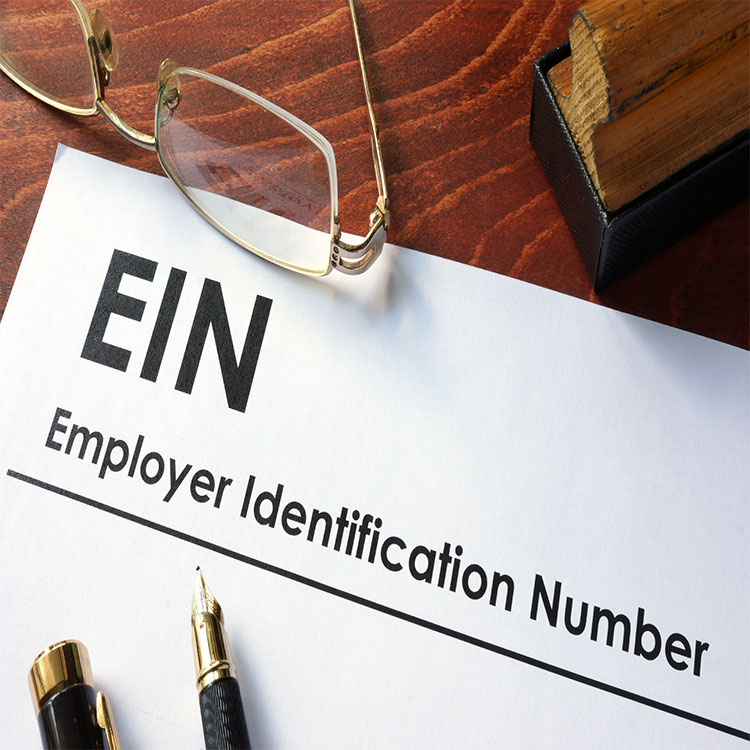Seven Best Practices to Build Your Business Credit
Establishing business credit can play a critical role in the health and longevity of your company. Some small- to mid-sized business owners assume that they can leverage their existing personal credit to make purchases for their organization. However, having a separate (and positive) business credit history for your enterprise can offer several essential benefits, including:
- More favorable payment terms with partners and suppliers
- Better interest rates and lower credit terms from lenders
- Reduced personal liability
- Personal assets protection
A good credit score even helps entrepreneurs maintain their competitive edge, allowing them to pass the interest savings directly onto consumers for better-priced products and services. Most importantly, developing a positive credit history grants you access to the capital you need run, and scale your operations when you need it.


Effectively Build and Maintain Your Business Credit
Of course, good business credit isn’t born – it’s slowly and steadily built over time to ensure marketplace momentum and long-term, sustainable results. Here are seven best practices you should implement across your company to establish a robust business credit history for your company.
Incorporate
If you haven’t incorporated your business, you may want to consider it. Sole proprietorships and general partnerships legally recognize the business and the owner as the same entity. As a result, there can be no separation of corporate credit history from the owner’s personal background. Incorporating the business legally separates the enterprise from the individual.
Get a Separate Phone Number
Your first instinct may be to use your personal smartphone as the company’s primary phone number. However, a separate company number under your business’ established legal name can help further separate your personal and professional credit. If you don’t want to use a landline, you can also use a cellphone or VoIP, just be sure to publish the number in public directories.
File for a Federal Tax Identification Number (EIN)
A business’ EIN essentially serves as the organization’s social security number. Acquiring an EIN allows you to open a corporate bank account under the name of the LLC or corporation.


Open a Business Bank Account
Once you’ve established your EIN, open at least a commercial checking account under the legal name of your business. All financial transactions should all be paid using business checking account. If you do use a corporate credit card to make purchases, always pay the bill using your company checking account.
Acquire Separate Business Credit Cards
Speaking of corporate credit cards, if you haven’t gotten at least one that isn’t linked to you personally, it’s time to obtain one as soon as possible. Choose a commercial card from a vendor that reports directly to the three credit reporting agencies: Experian, Equifax, and TransUnion.
Create a Line of Credit
Develop a partnership with your vendors and/or suppliers to create a line of credit that’s used for transactions between your enterprises. Ask these chosen partners to report your payment record (assuming it’s timely) to the reporting agencies.
Pay Bill on Time
Perhaps the most impactful best practice when establishing business credit: pay your bills on time. Any late payments will have a negative influence on your history. However, timely payments helps demonstrate a positive pattern that showcases your reliability to suppliers as well as lenders

Let Avid Commercial Help Build Your Business
Avid Commercial’s team of financial professionals develops customized lending solutions that help business owners optimize market impact. Contact us today to hear more.
